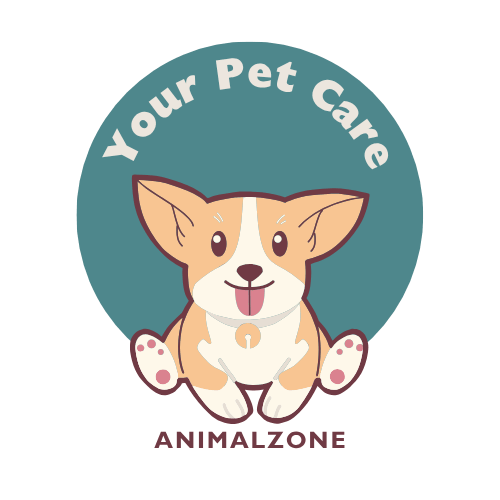Animal cruelty is a serious issue that affects millions of animals worldwide. But what exactly counts as animal cruelty? While some forms are obvious — such as physical abuse or neglect — others may be less visible but equally harmful. Understanding the full scope of animal cruelty is the first step toward preventing it.
What Is Animal Cruelty?
Animal cruelty refers to any act that causes unnecessary pain, suffering, or distress to an animal. This includes physical harm, emotional abuse, neglect, abandonment, and even keeping animals in poor living conditions. Whether intentional or due to ignorance, these actions can have devastating consequences on an animal’s health and well-being.
There are two primary types of animal cruelty:
-
Active cruelty (intentional) – This involves deliberately causing harm to an animal. Examples include beating, burning, or poisoning an animal.
-
Passive cruelty (neglect) – This occurs when basic needs are not met. For example, leaving a pet without food, water, shelter, or veterinary care.

Less Obvious Forms of Cruelty
Not all cruelty is easy to recognize. Here are some less obvious but still harmful practices:
-
Leaving pets in hot cars, even for a short time.
-
Tethering animals for long periods without shade, water, or interaction.
-
Failing to provide veterinary care for treatable conditions.
-
Animal hoarding, where too many animals are kept without adequate care.
-
Using animals for entertainment in ways that exploit or abuse them.
Even certain cultural practices or outdated training methods may cross the line into cruelty when they cause prolonged suffering or fear.
Why Awareness Matters
Understanding what counts as animal cruelty helps individuals recognize and report abuse when they see it. It also encourages responsible pet ownership and promotes compassion. By raising awareness, we can work together to protect animals and improve their quality of life.
If you suspect an animal is being abused or neglected, contact your local animal welfare agency or humane society. Reporting animal cruelty can save lives.
Learn More:
Visit zoopiahub.com to explore resources on identifying, reporting, and preventing animal cruelty in your community.

